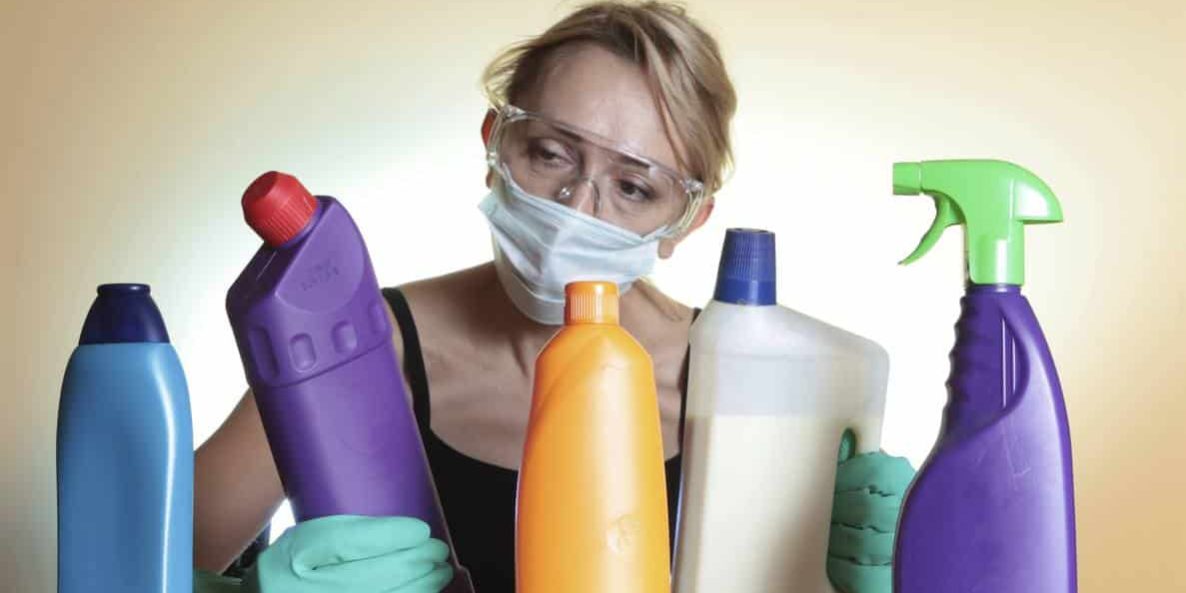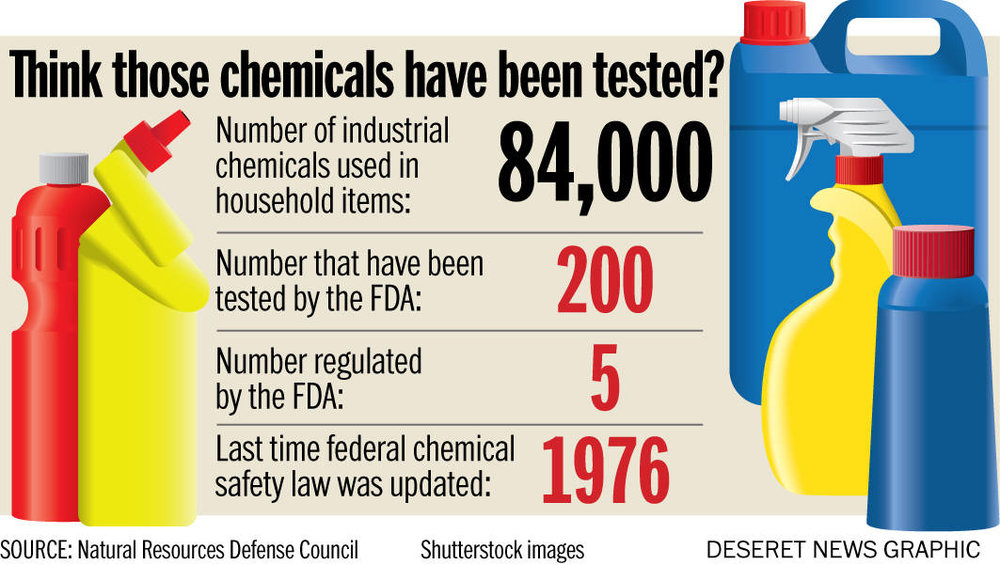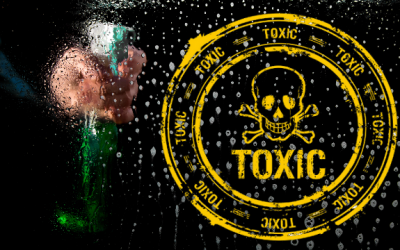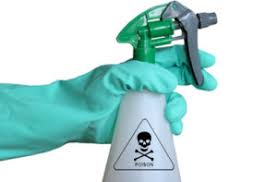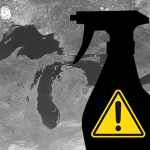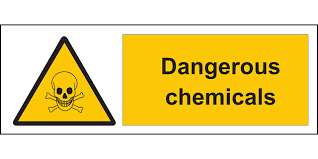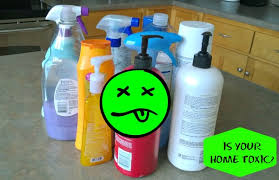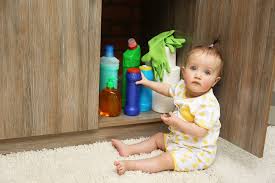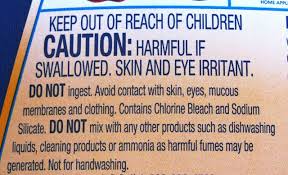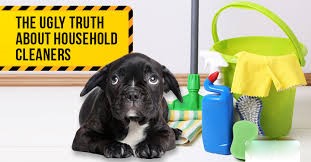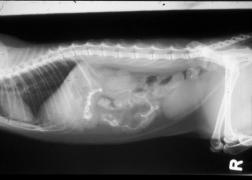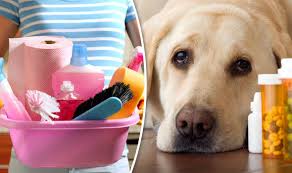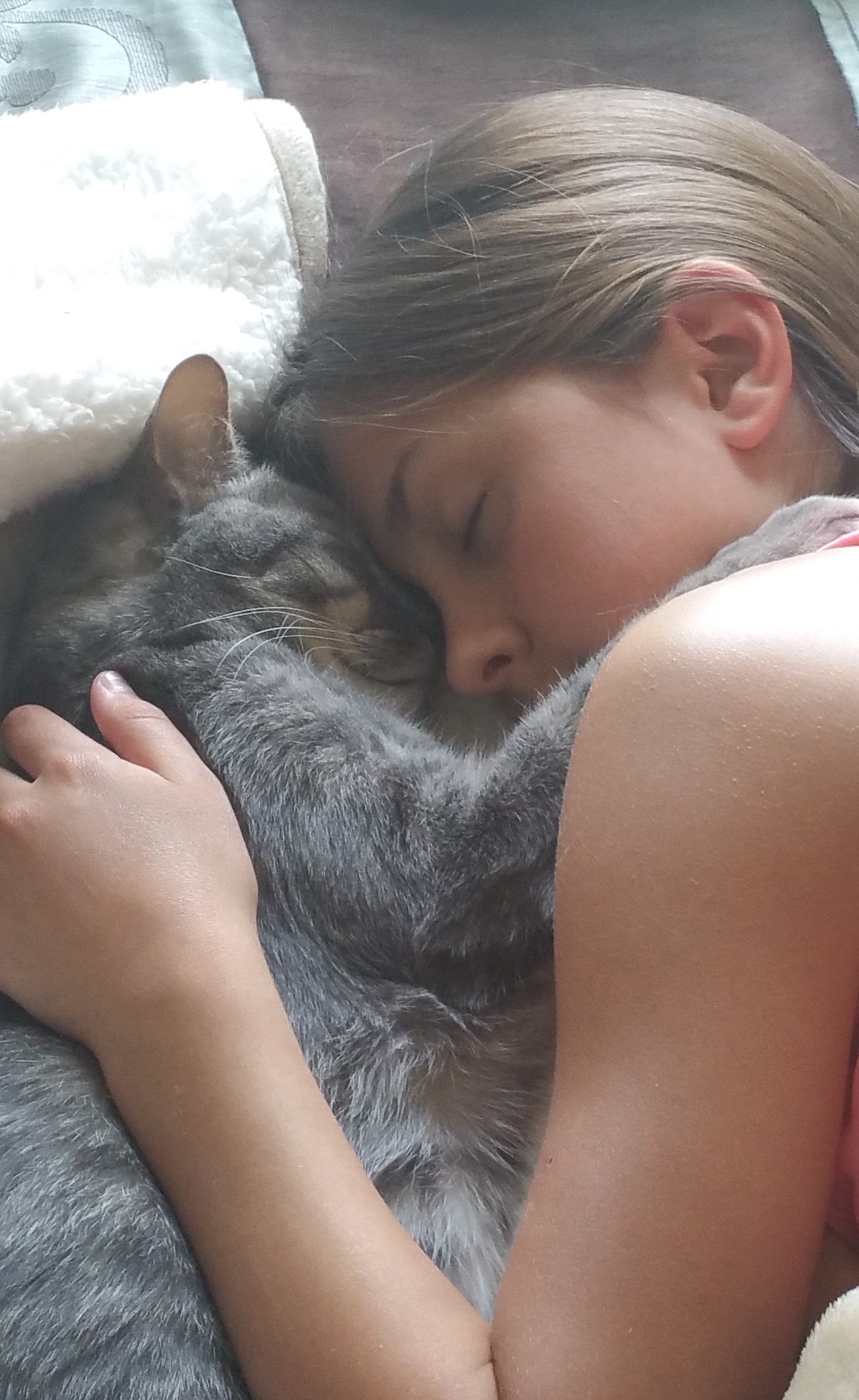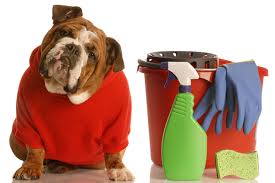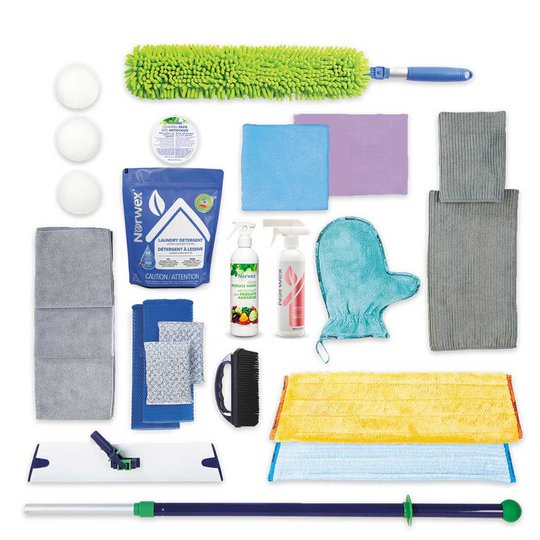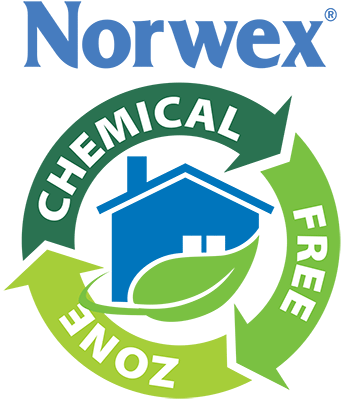CHEMICAL-FREE CLEANING
Why do we specialize in chemical-free cleaning?
tHE SHORT ANSWER
CLEANING IS DEADLY!
A recent study from Norway's University of Bergen, that spans over 2 decades with over 6,000 participants concluded that decline in lung function of those (primarily women) using chemical cleaners was equivalent to smoking 20 cigarettes a day. Findings are documented in the American Thoracic Society's American Journal of Respiratory and Critical Care Medicine (see link above "THE STUDY" below).
http://www.thoracic.org/about/newsroom/press-releases/resources/women-cleaners-lung-function.pdf
THE STUDY
"Conclusions: Women cleaning at home or working as occupational cleaners had accelerated decline in lung function, suggesting that exposures related to cleaning activities may constitute a risk to long-term respiratory health."
https://www.independent.co.uk/news/health/cleaning-products-lungs-damage-cigarettes-smoking-20-day-scientists-warning-a8214051.html
Independent article by Josh Gabbatiss 02/16/2018
"Cleaning products as bad for lungs as smoking 20 cigarettes a day, scientists warn"
https://my.clevelandclinic.org/health/articles/11397-household-chemical-products-and-their-health-risk
DANGERS AREN'T LIMITED TO SPRAYS OR RESPIRATORY HEALTH ISSUES!
Cleveland Clinic (online) article reviews
"Household Chemical Products and Their Health Risk"
https://www.webmd.com/lung/news/20180220/cleaning-sprays-may-cause-lung-damage
Web MD article by Nick Broyd 02/20/2018
"Cleaning Sprays May Cause Long-Term Lung Damage"
http://www.newsweek.com/impact-cleaning-products-lung-health-bad-20-day-cigarette-habit-study-810277
"Impact Of Cleaning Products On Women's Lungs As Damaging As 20-A-Day Cigarette Habit: Study"
https://www.thoracic.org/about/newsroom/press-releases/journal/women-who-clean-at-home-or-at-work-face-increased-lung-function-decline.php
American Thoracic Society article from 02/16/2018
"Women Who Clean at Home or Work Face Increased Lung Function Decline"
https://www.atsjournals.org/
American Thoracic Society article from 05/01/2018
"Cleaning at Home and at Work in Relation to Lung Function Decline and Airway Obstruction"
"This study suggests that long-term respiratory health is also impaired 10 to 20 years after cleaning activities. The authors found accelerated lung function decline in women after both occupational cleaning and cleaning at home. The effect size was comparable to the effect size related to 10 to 20 pack-years of tobacco smoking."
https://abcnews.go.com/Health/ParentingResourceCenter/household-cleaning-products-pose-poisoning-risk-kids/story?id=11305919
Household Cleaning Products Still Pose Risk to Kids
“Cleaning products are consistently in the top five causes of pediatric poisoning exposure, given the amount of time young children spend in the home, the researchers noted.”
https://www.amcny.org/blog/2013/05/08/household-cleaning-products-a-pet-danger
Household Cleaning Products: A Pet Danger
“Quaternary ammonium compounds are disinfectants with a broad spectrum of antimicrobial activity against bacteria, viruses and fungus. These compounds are popular cleaning agents colloquially called “quats.” Serious injury can result to both pets and people if they inadvertently come in contact with quats. Caustic burns, convulsions, low blood pressure and even death occur following ingestion or contact with the skin.”
https://www.independent.co.uk/news/health/cleaning-products-lungs-damage-cigarettes-smoking-20-day-scientists-warning-a8214051.html
SOLUTION 1
Independent article by Josh Gabbatiss 02/16/2018
In the same Independent article, the subtitle hinted at the answer to this problem: "Scientists advise that harmful sprays could be replaced with simple microfibre cloths and water"
SOLUTION 2
Along with the highest grade microfiber, our home-healthy chemical-free-strategy includes powerful natural based cleaners so safe none are required to have safety caps!

